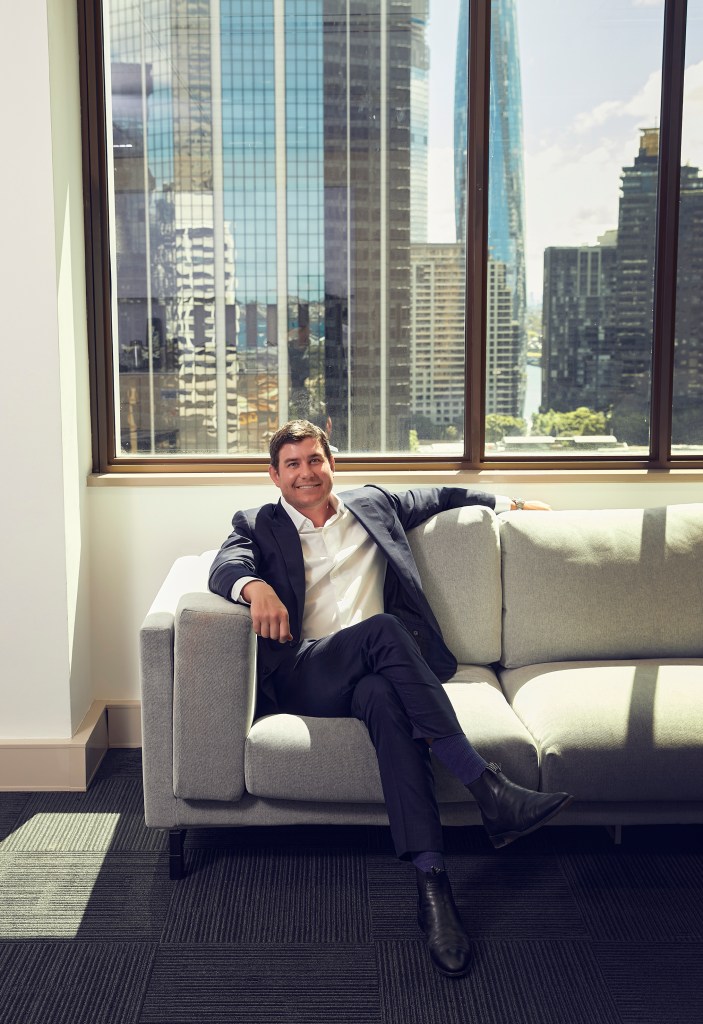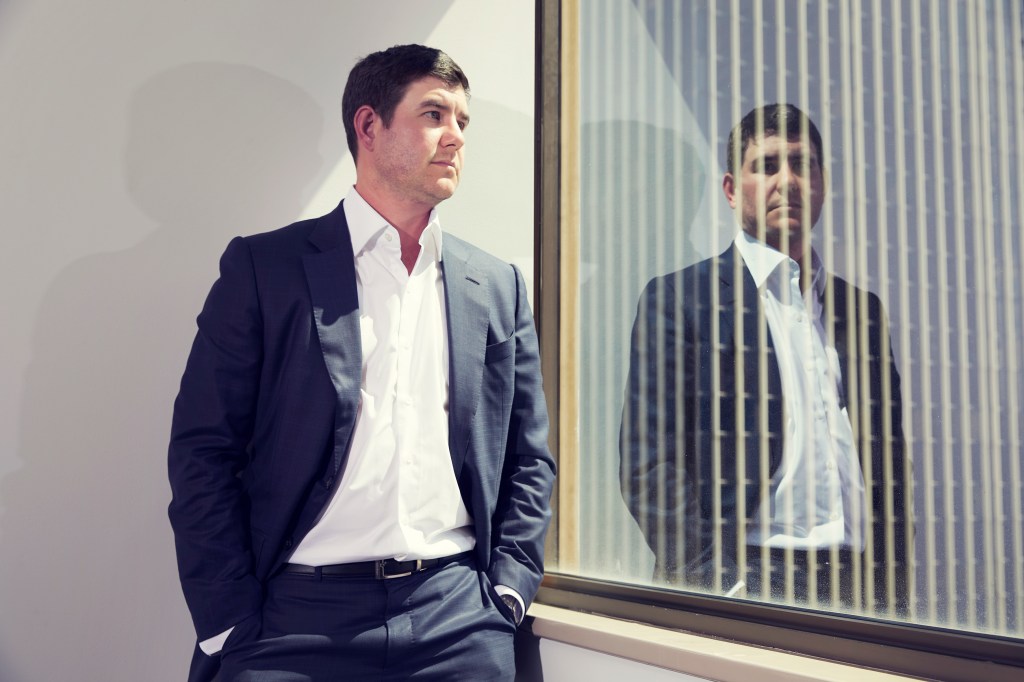Omega Oil & Gas took the plunge to IPO this year and is looking to find energy sources that will help move the country and the world towards lower carbon emissions.

Omega Oil & Gas (ASX:OMA) listed on the ASX on October 25, 2022, and hit a high on the day of 19c, giving it a market cap of around $27.8 million on debut. It’s currently trading around 16c a share, with a market cap of just more than $22 million.
The billionaire Flannery family cornerstoned the IPO committing $4.2 million of the $15.1 million that Omega raised. Quentin Flannery, 35, joined the Omega Board, having previously been a Non-Executive Director/Board Member of several other early-stage start-ups and listed entities. Lauren Bennett is the CEO.
Quentin’s father Brian Flannery, with a net worth of $1.1 billion, is one of Australia’s most successful small cap investors, with a portfolio of mining, energy, property, aged-care and biotech stocks. His success began back in 2009 with the sale of Felix Resources to Yanzhou Coal, from which he made over $500 million.
“The country needs gas, the world needs gas,” says Quentin, in an interview with Forbes Australia. “It is the transition fuel that needs to be there currently, that is just the reality. Nuclear takes years to become operational and coal is getting harder.”
“If the world does want to move towards a lower carbons emissions footprint, gas is that fuel to get us to the next step,” he says.
Omega was incorporated in September 2020 to acquire Cypress Petroleum from Tag Oil, a TSX-listed oil and gas company.
The company holds two exploration permits and petroleum leases in the Surat Basin in South-East Queensland that host an independent prospective resource of 3 TCF of gas and 233 MMbbl of associated liquids.
Majors have a large foothold in the region, with Shell’s acreage located about 50km from Omega’s assets.
Omega’s Surat Basin acreage spans over 250,000 acres and is located about 50km from existing gas infrastructure and gas pipelines that feed into the Australian East Coast gas market and the Gladstone LNG export terminals.
The company intends to drill two wells, one in each exploration permit, with first drill holes beginning in February/March in 2023, all weather dependent.
“As a family office we always saw Omega as a good vehicle to give us exposure to oil and gas … The market is difficult, but oil and gas still have a strong market sound at the moment,” says Quentin.
“We’re invested in hydrogen companies, because ultimately if it does get there, that’s a place we want to be. There is a lot of exciting stuff happening in that sector, but it is still a while away. You’ve got a very high cost of producing a megawatt out of a hydrogen electrolysis process, and there is still pressure on the hydrogen industry. Green hydrogen is very complicated.”
Queensland is very favourable for developing gas, he says, but it is also very risky. “It could turn into a major boom for the Queensland gas industry … but there is still a risk there.”
“We have a few different buckets in our office. We sold Felix to Yancoal … and I stayed with Yancoal for seven more years. I was a marketing manager of Yancoal, with responsibility for $1 billion in revenue. As the Global Head of Thermal Coal Sales, I played an active role in building the business into what is now Australia’s largest pure-play coal producer,” Quentin says. “I’ve been in the family business since 2015 and when I joined, there was already a lot of investments in place across a whole range of asset classes.
“We have a big focus on property development. Mum and Dad always had a passion for that. We built Elements of Byron, we have a big development at Kirra Beach, we have a DA in the central part of the Gold Coast. When I joined the family office, there was a well-established structure, but we never really had a large exposure to oil and gas. Part of my job was to identify opportunities where we could deploy capital into areas that we weren’t already exposed to, that macro events were playing up and lining up. That’s how we’ve ended up in oil and gas.”
He explains that they were negotiating with Tag Oil when oil was hitting rock bottom prices, below US$50 a barrel. “Our view was that it wouldn’t be there for long.” WTI crude oil futures currently are trading around US$76 a barrel, but have gone above US$120 a barrel this year.

“My parents have always been extremely hard working. They are committed to helping people around them. I have great memories of them holding hands in church every Sunday even at 30 or 40 years of marriage. I have grown up around extremely good role models.
“Dad has always led by example with his work ethic, and as a result of that, I feel I have developed a reasonably good one as well. I worked hard at Yancoal, and if you enjoy your job you will never be unhappy working long hours to grow your own benefit, but also help the company you are working for.
“That shaped me into what I am today. My dad is a big mentor in my life, but also my mum, Peggy, too. I would see her doing a hundred hours a week helping the family office, doing the accounts, designing the buildings, she chose everything at Elements from the light fittings to the taps, to the paint colours, she was so actively involved. I’m lucky to have those two as role models and I feel that has shaped me to feel that I am competent to add value at a listed and corporate level.
“I’ve sat on a lot of different boards across a range of industries, and my commodities experience does add a lot of value,” Quentin says. “I want to see this turn into the success that I think it can be. You never know what you will have with the drill bit, that’s always the risk. I think we are in the best position we can be, we’ve got great assets. The reality is I don’t think gas prices will abate at any time in the next couple of years. If we have moderate success, this company will be very valuable.”